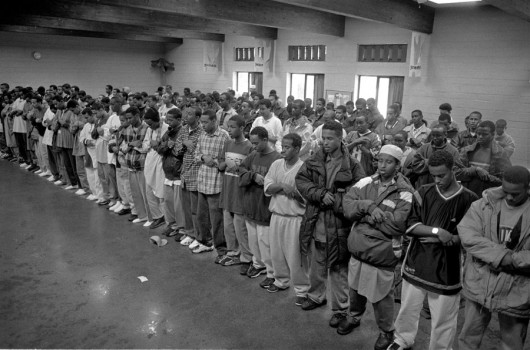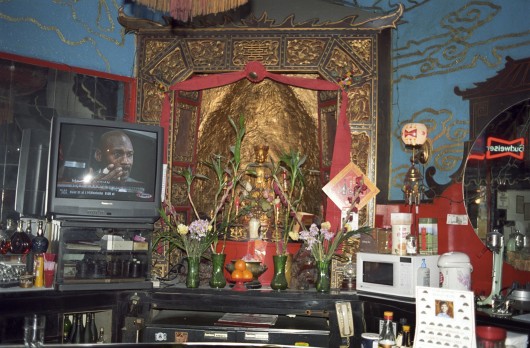Doug Hartmann: There are at least two facets of religion in America that stand out to sociologists. First, Americans have long been among the most religious people in the developed world. Religion has been a foundation of community, connection, and citizenship throughout this country’s history. Second, there is a remarkable diversity and pluralism of religious belief and practice in the United States, documented most recently and famously by Diana Eck‘s religious pluralism project at Harvard.
Few nations can claim this unique combination; typically, religious devotion goes hand in hand with religious conflict (or worse). Indeed, it is precisely because of this harmonious combination of devotion and diversity that noted political scientist Robert Putnam (he of Bowling Alone fame) titled his recent book on American religion American Grace.
For a sociologist, this unique, almost paradoxical combination of devotion and diversity raises questions about solidarities and boundaries. These kinds of questions inspired me to undertake a research project with some of my students almost a decade ago on the idea of America as a Judeo-Christian (rather than Christian) country. Without going into the details, we found that over the course of less than 50 years, the term “Judeo-Christian” went from being either a cultural curiosity or political provocation to a bipartisan, mainstream touchstone supposedly signaling the historic culture of the nation.
As Wing Young Huie and I started talking about religion and society, I remembered this paper and sent it along. Wing is not particularly religious, though he was for some time, and I don’t know how closely he read my paper or what he thought of it, but this is the photograph and commentary he sent in return.


